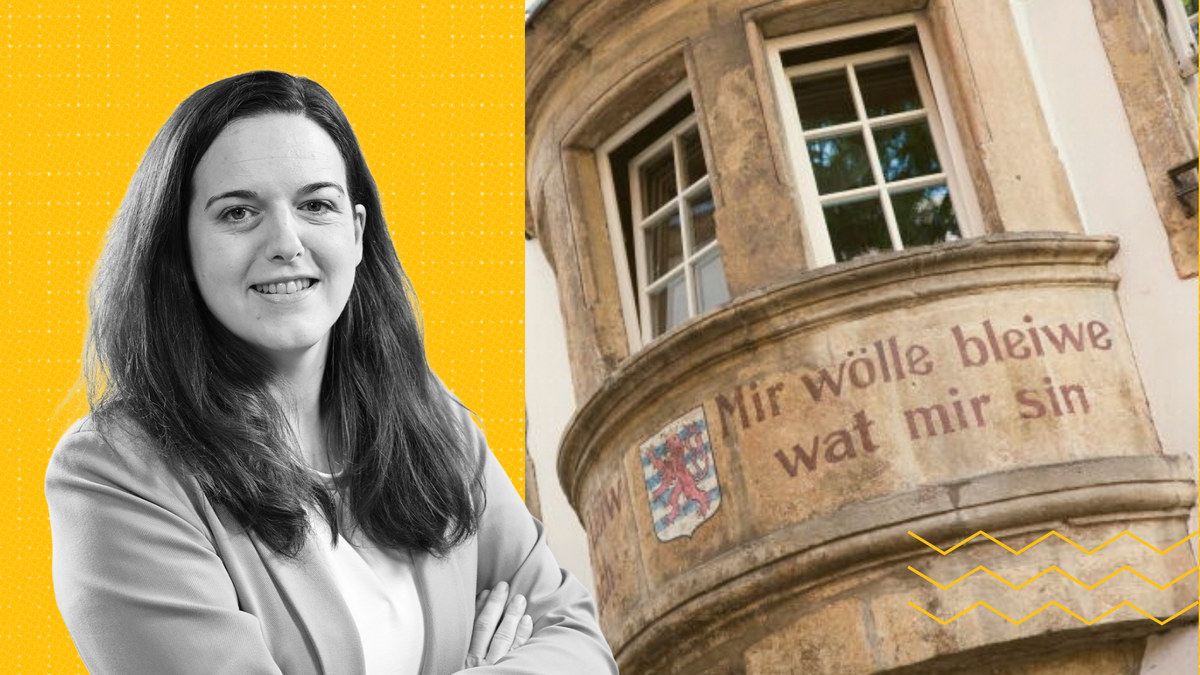It is becoming a worrying trend – foreigners voicing any kind of complaint, opposition or simply suggestion for change are told in public forums to “go back home”. It is a slap in the face for the thousands of people who have made Luxembourg their home, and it further denies them a voice in public discourse, where it is already limited.
Luxembourg Times reporter Duncan Roberts last weekend published an opinion piece on the country’s school holiday rules. The last day of school before the big summer break is always 15 July, even if that day is on a Monday, meaning kids have to go to school for one day before being off, causing families to potentially lose out on an extra weekend of their break.
It has been done that way for over four decades, even if it doesn’t make all that much sense.
The suggestion that this is an inconvenience for many parents was met with a loud chorus of comments on social media essentially all saying the same thing: If you don’t like it here, then leave!
This attitude is becoming increasingly prevalent, not just in the community of online trolls.
During an RTL discussion round with other journalists on Sunday opening hours, I remarked that many foreigners who come to live in Luxembourg previously lived in cities where this is already the norm. It is at best quaint and at worst a little backwards for Luxembourg to oppose longer hours so fiercely.
A senior editor of one of the country’s top newspapers rebutted with (and I paraphrase): if they want to shop on Sundays, they should go back to where they came from.
It is the end-all argument. It is also quite simply an insult to well over half of this country’s population that contributes to its wealth and wellbeing.
Around 47% of Luxembourg’s population are non-nationals. But that does not include residents who were foreign-born and have since become Luxembourg citizens. Only a quarter of Luxembourg’s citizens do not have a migration background – Luxembourgers with parents who are Luxembourgers (not going back in the ancestry any further than that).
Foreigners constitute roughly three quarters of Luxembourg’s private sector workforce (both residents and cross-border commuters). Without their contribution, the country’s economy would be – well, frankly – toast.
The voting classes and their rhetoric that foreigners aren’t welcome here – except as silent servants – should be careful what they wish for.
If the rate of change on the outside, exceeds the rate of change on the inside, the end is near
Jack Welch
CEO, General Electric
From public health insurance to pension pot, Luxembourg’s social welfare system – and the economy that pays for it – are built on foreigners coming to work (and live) in Luxembourg. Certainly, that comes with benefits. But those benefits cannot mean that you are forever barred from criticising the country. Don’t bite the hand that feeds you, sure. But foreigners are vital to keeping that hand alive. They have more than earned their right to say something, to contribute to public debate, to encourage reflection, bring in a fresh perspective.
“If the rate of change on the outside, exceeds the rate of change on the inside, the end is near,” said General Electric CEO Jack Welch. So far, Luxembourg has had a knack for adapting (and in some cases anticipating) the changes around it. But to keep doing so, instead of shutting them down with a throwaway remark, it should learn from the experience and brain power of its foreign citizens, listen to what they have to say, even if it can be uncomfortable to hear.
Change is hard but there can be no progress without it. Change becomes harder when policymakers must work to keep up the status quo to get re-elected into office rather than risking the ire of the civil servants and union leaders of this country.
Some of the most loyal defenders of this country I know are foreigners. They have chosen to be here, have built careers, in some cases started families. They are fiercely proud of this nation despite being excluded from executive, legislative and judicial branches of power. There remain precious few opportunities for foreigners to make their voices heard. They should not be bullied into limiting themselves even further.
